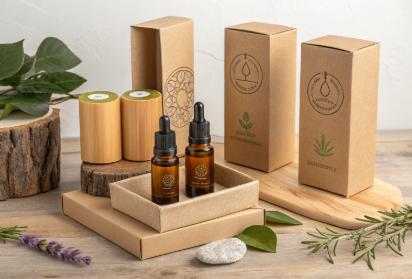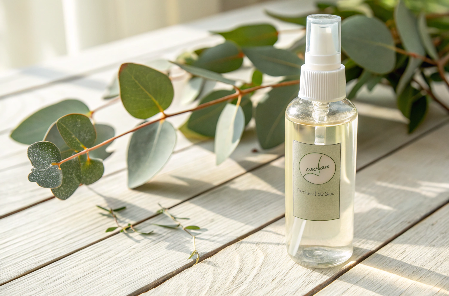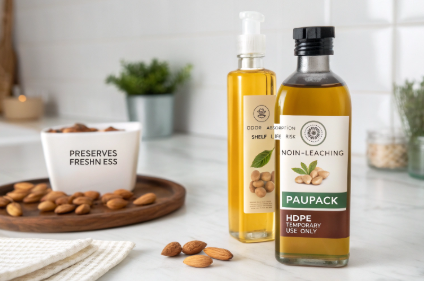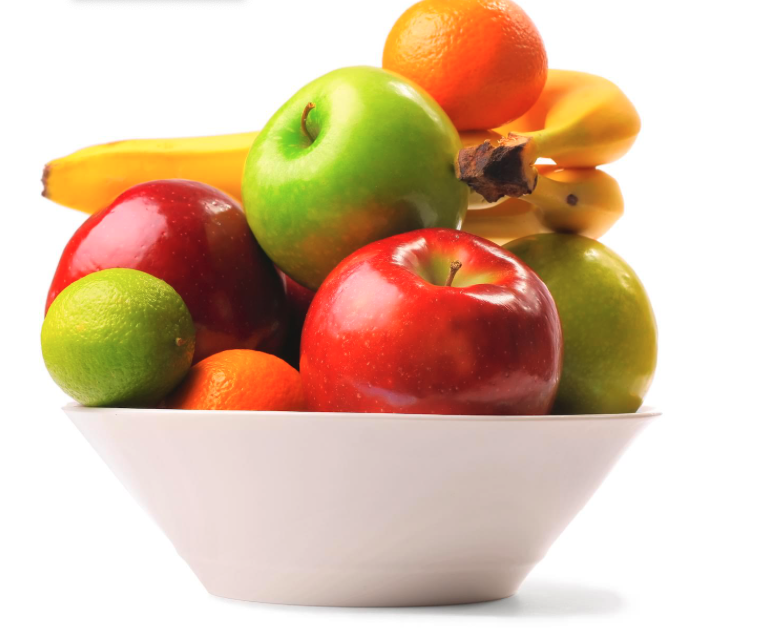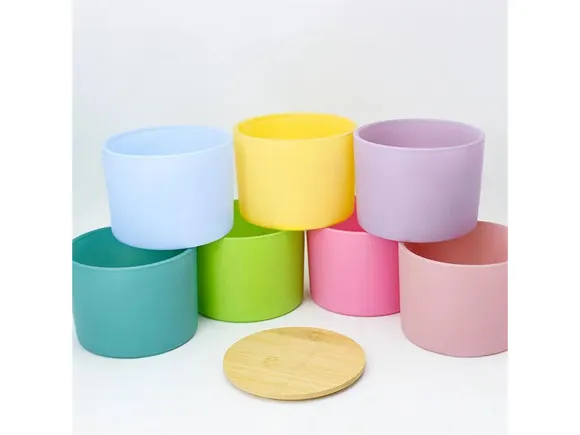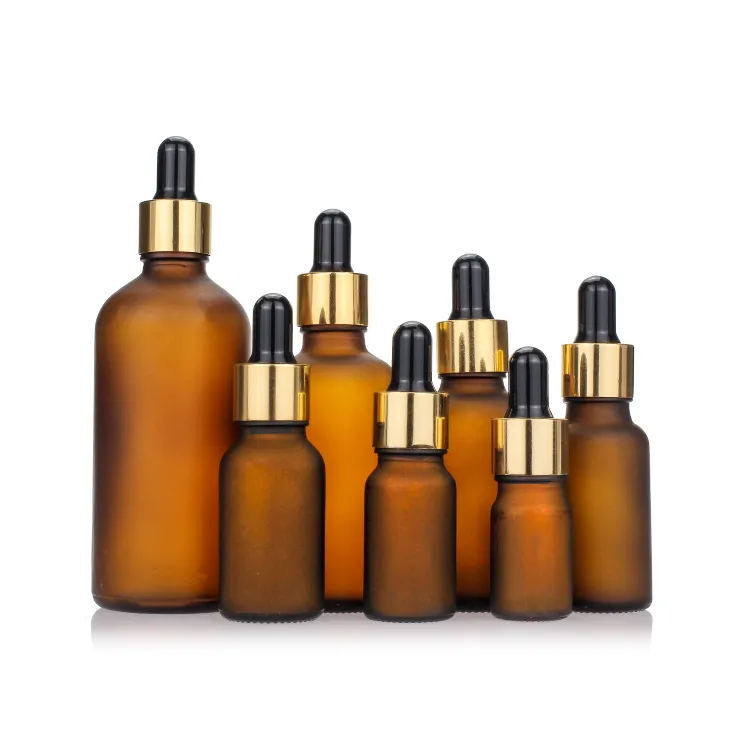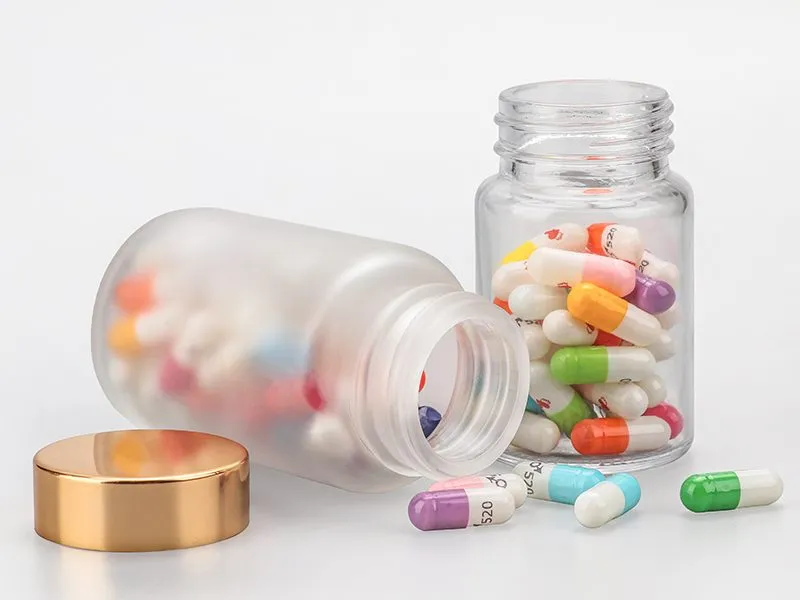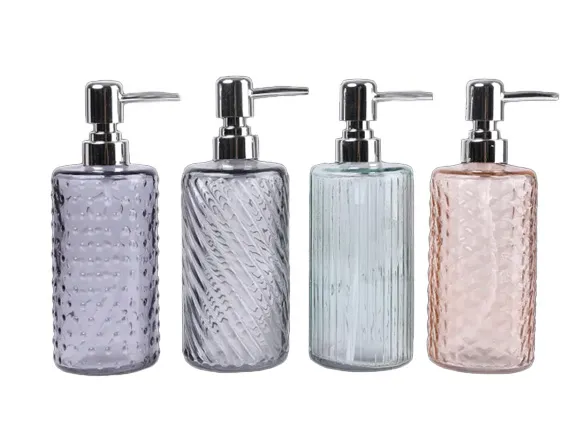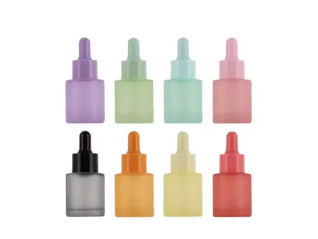Plastic spray bottles are cheap and convenient, but when it comes to essential oils like eucalyptus, not all plastics are safe. Let’s find out why.
Yes, but only certain types of plastic—like PET and HDPE—are safe for short-term use with eucalyptus oil. For long-term storage or higher concentrations, glass is recommended.
Essential oils are powerful and can break down or leach chemicals from many plastic types. If you’re planning to dilute eucalyptus oil with water or alcohol in a spray format, choosing the right container is key.
Can you put essential oils in a plastic spray bottle?
Plastic seems practical, but not every plastic is up to the task.
You can use plastic spray bottles for essential oils only if they are made from PET, HDPE, or PP. Avoid low-grade plastics that degrade on contact.
Why most plastics fail
Essential oils are naturally solvent-like. They break down weaker polymers in many plastics, causing structural breakdown or chemical leaching. This can compromise both your formula and your health.
Unsafe plastics for essential oils
| Plastic Type | Code | Common Use | Risk with EOs |
|---|---|---|---|
| PVC | #3 | Cheap containers | High – easily degraded |
| PS | #6 | Disposable items | High – poor chemical resistance |
| LDPE | #4 | Squeeze bottles | Medium – flexible but permeable |
These materials often absorb oils, leading to odor retention, discoloration, and eventually cracking or leaking.
Safe plastics for essential oils
| Plastic Type | Code | Why It Works |
|---|---|---|
| PET (Polyethylene Terephthalate) | #1 | Strong barrier, cost-effective, recyclable |
| HDPE (High-Density Polyethylene) | #2 | High chemical resistance, used in pharma |
| PP (Polypropylene) | #5 | Durable and inert, good for caps and closures |
At PauPack, we use PET and HDPE plastic bottles specifically engineered for cosmetic and personal care use. These materials hold up well under essential oil dilution, especially for products like pillow sprays, room fresheners, and face mists.
Can I put eucalyptus oil in a spray bottle?
You can—but the question is how diluted and for how long.
You can safely use eucalyptus oil in a spray bottle if it is diluted with a carrier liquid and stored in the correct type of plastic or glass bottle.
Direct vs. diluted usage
There’s a big difference between putting 100% eucalyptus oil into a bottle and making a 5% eucalyptus spray blend. For sprays, most users combine:
-
5–10 drops eucalyptus oil
-
100 ml water or witch hazel
-
Optional: solubilizer like polysorbate 20
This mixture is typically safe for short-term storage in PET spray bottles. However, for 100% undiluted essential oil, only amber or cobalt blue glass dropper bottles should be used.
Why glass is still king
Even high-grade plastics can degrade over time, especially if exposed to heat, light, or frequent use. Glass offers superior chemical resistance and UV protection—critical for preserving essential oil potency.
At PauPack, we offer a full range of amber and cobalt blue glass bottles with spray, dropper, or pump heads that are ideal for high-purity essential oils and long-term storage. These are the same formats used by top aromatherapy and skincare brands globally.
Can you use plastic bottle for oil?
Yes, but only under specific conditions.
You can use plastic bottles for essential oils when the plastic is PET, HDPE, or PP, and when oils are diluted. For neat oils, glass remains the best choice.
Factors that affect plastic suitability
1. Concentration of the oil
High concentrations of essential oils—especially citrus or camphorous oils like eucalyptus—are more aggressive and can erode plastics faster.
2. Storage time
Short-term use (less than 3 months) is typically safe with PET and HDPE. For longer durations, glass is safer.
3. Exposure to light and temperature
Plastic degrades faster under UV and heat. That’s why amber or frosted bottles (both glass and PET) are often used to protect formula integrity.
4. Compatibility with other ingredients
Alcohol-based sprays (like hand sanitizers or room mists) can interact differently with oils and plastic. Always test compatibility before full production.
PauPack works with many private-label brands to run small-batch compatibility testing. We offer OEM services that include leak-proof testing, formula interaction reports, and custom container engineering to ensure both safety and performance.
What kind of plastic is safe for essential oils?
If you must use plastic, make it count.
PET (#1), HDPE (#2), and PP (#5) are the safest plastics for diluted essential oil use. Avoid all others unless specifically engineered for EO compatibility.
Quick comparison of safe plastics
| Plastic Type | Recyclable | UV Resistant | EO Compatible | Typical Use Case |
|---|---|---|---|---|
| PET | Yes | Moderate | Yes (short-term) | Sprays, Serums |
| HDPE | Yes | High | Yes (longer-term) | Shampoo, Lotion |
| PP | Yes | Moderate | Yes (caps, closures) | Jar lids, Dispensers |
When to switch to glass
If your product is:
-
A 100% pure oil
-
A premium brand item
-
Exposed to heat or light
-
A long shelf-life SKU
Then switch to glass packaging.
At PauPack, we offer a full spectrum of essential oil packaging, including:
-
5ml / 10ml / 15ml amber dropper bottles
-
Frosted glass spray bottles for mists and toners
-
Leak-proof roll-ons with stainless steel balls
-
Sustainable PLA-based options for eco-conscious brands
We not only provide stock packaging but also custom-mold solutions, embossing, and logo printing for brands who want to stand out in a crowded aromatherapy market.
Conclusion
Only certain plastics are safe for eucalyptus oil, and even then, only for diluted use. When in doubt, choose glass. It’s safer, cleaner, and better for your brand.




